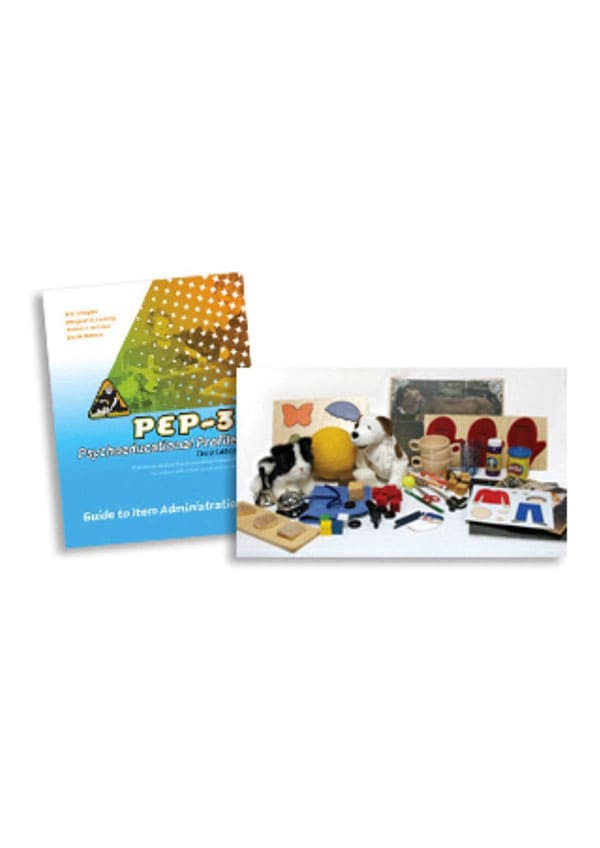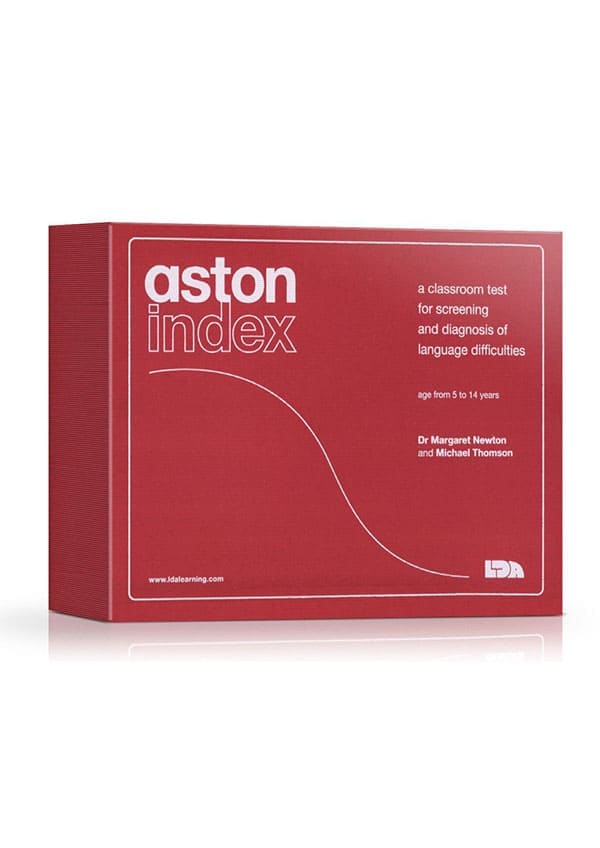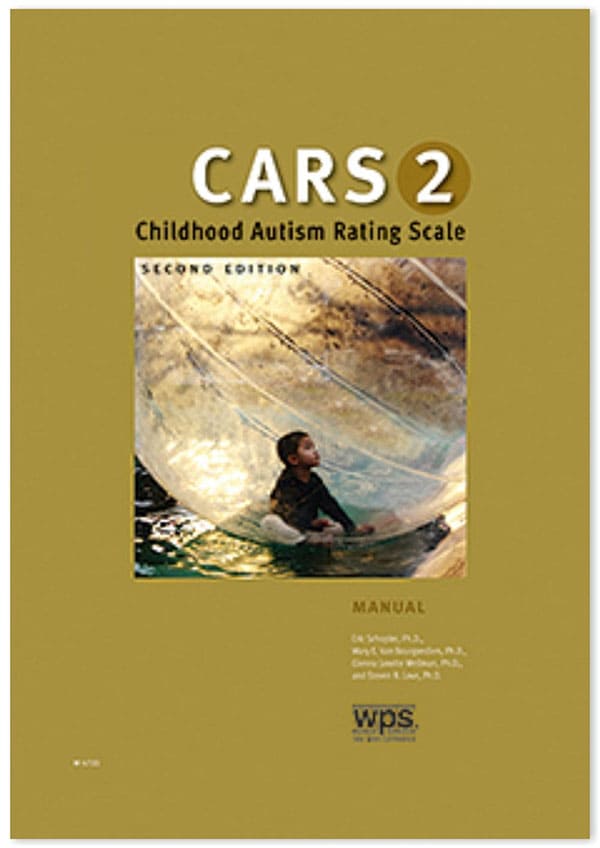Description
The PEP-3 is a revision of the popular instrument that has been used for more than 20 years to assess the skills and behaviors of children with autism and communicative disabilities who function between the ages of 6 months to 7 years. The profile resulting from the PEP-3 graphically charts uneven and idiosyncratic development, emerging skills, and autistic behavioral characteristics. This test meets the need for an assessment tool to assist in the educational programming for young children (ages 3 through 5) with disabilities and is particularly useful in planning for older students’ Individualized Education Programs (IEPs).
The PEP-3 now includes a Caregiver Report. This report utilizes parent input and is completed prior to the administration of the assessment. The form asks the parent or caregiver to estimate the child’s developmental level compared with typical children. This form has been shown to help orient teachers to a student’s developmental inconsistencies. The PEP-3 has included additional data that identify special learning strengths and teachable skills. Also, the third edition is improved by offering normative data both from a group of children in the autism spectrum as well as from a comparison group of children without autism. It is the only test to date that provides data for within-group comparison to children in the autism spectrum.







